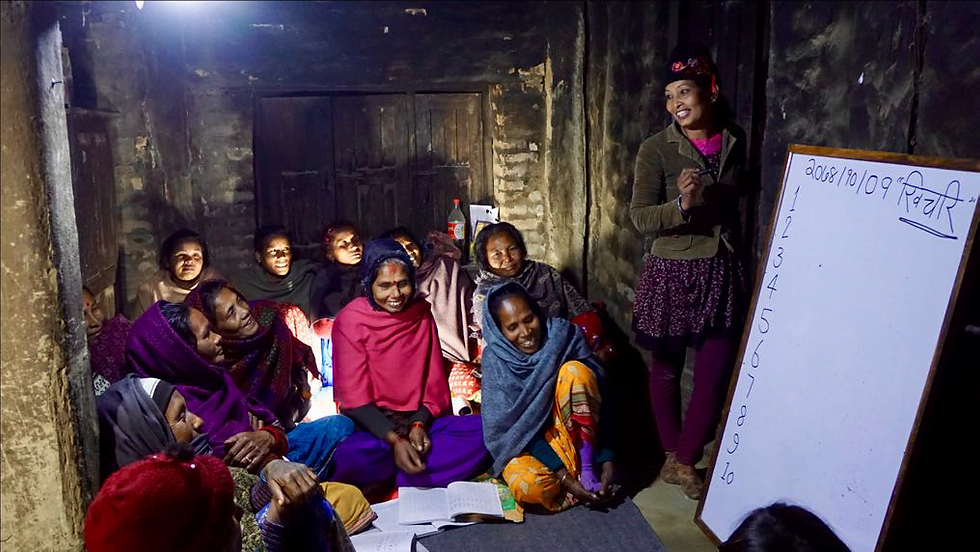Stories from the Field: On Top of the World
- Jun 27, 2021
- 2 min read
Updated: Mar 13, 2023
Imagine:
You want to apply for a loan to build a house for your family, but aren’t able to because you can’t write your name.
You are often cheated in the market because you can’t read.
You are a 6-year-old who can only speak your mother tongue. When you start school, you can’t understand the lessons because they are all in the national language.
How would you feel?
These are common experiences among many ethnic minority people, especially women and children.

In her talk, Pearle shared about the country she has worked in since 2013. About 79% of the population live in hard-to-reach remote areas, and there are more than 120 ethnic minority groups. While remoteness keeps minority languages vibrant, many people live in poverty and have little education. In fact, 22% of the men and 40% of the women in that country are illiterate.
Pearle shared about the effects of literacy on women. Just being able to write their own name can open up access to aid programmes. Basic literacy can help them avoid being cheated by unscrupulous traders. They are able to learn about health and nutrition to safeguard their families, and can help their young children with schoolwork. Literacy boosts their confidence, and the positive impacts on families and society is immeasurable.
Besides promoting adult literacy, Pearle was also involved in an MTB-MLE (Mother Tongue Based Multilingual Education) programme to enable children to start their formal education in their mother tongue and transition gradually to learning in the national language. She worked closely with members of the language community to produce mother tongue teaching materials aligned with the national curriculum and appropriate to the culture, and also trained local people to be teachers. She showed a video clip of two trainee teachers singing a simple song in the mother tongue which they had composed to teach preschoolers the daily routine and how to wash their hands!
Pearle’s love for the people she had worked for and with shone through. She shared about the joy the people felt when they realised that their language was not worthless, but something to be treasured. Projects like these help ethnic communities preserve their language and culture while also learning better in the national language, and open doors to a better future for themselves and their children.
Pearle*, a member of Wycliffe Singapore, has mainly worked among non-dominant language communities. She specialises in adult literacy and Mother Tongue-Based Multilingual Education (MTB-MLE) programmes.
*name changed for security reasons
Wycliffe Singapore’s R200 Programme is currently supporting two MTB-MLE projects. If you wish to support a project, please contact us here.



Comments